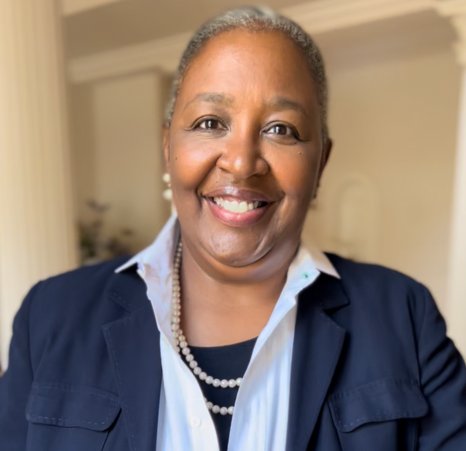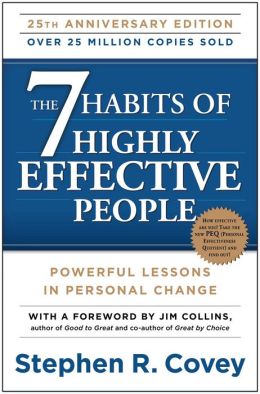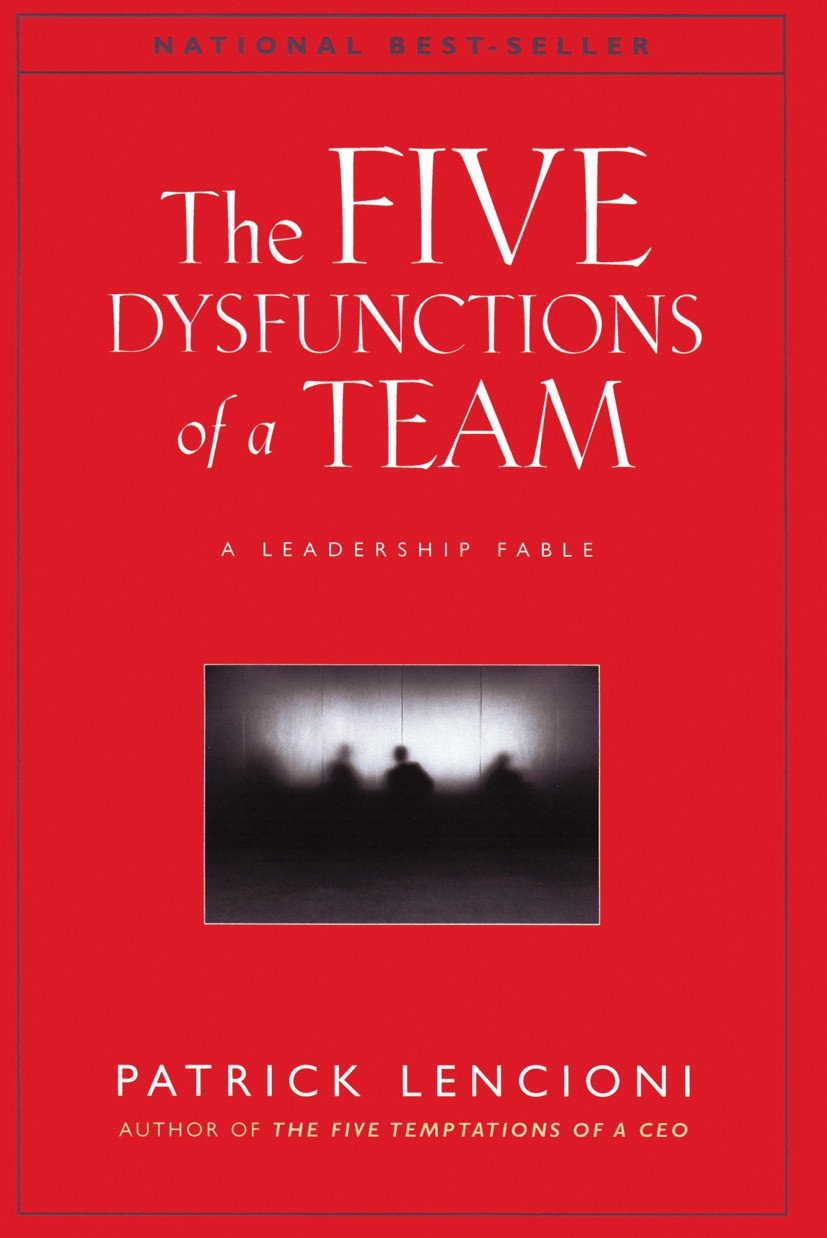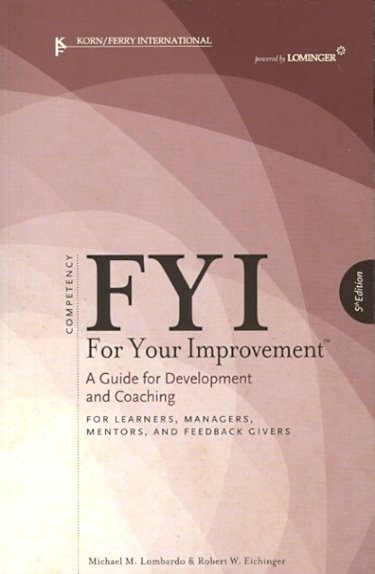Coaching Conversations
Coaching conversations can be quite powerful, especially for millenials in the workplace. They like to know what is expected and get feedback on their performance in a timely manner to allow them to make adjustments as needed.
I met one such millenial at a conference. Her name is Gabrielle Robinson. She is an impressive young lady with very ambitious goals for making a positive difference in the world.
Coaching Conversations

|
Gabrielle Robinson, Human Resources The University of Memphis |
I had the privilege of meeting Gabrielle Robinson at the 2016 Tennessee SHRM State Conference. She attended my presentation on Managing & Measuring Work which focused on ways to leverage performance management in building a culture of accountability.
During the session, she shared an experience from one of her internships. It dealt with how Coaching Conversations had positively impacted her and her performance.
Interview with Gabrielle Robinson
Gabrielle, please tell us about yourself…
I am a senior at The University of Memphis and will graduate with my Bachelors in Human Resource (HR) Management December 2016.
Upon graduation I will have six (6) years experience working in Retail and Customer Service.
Why did you choose HR as your course of study?
While working at Foot Locker I met Wynn East, a great General Manager who is passionate about leadership and developing people.
While working there I decided to go back to school to get my BA. Management is pretty broad, but my HR Management class helped me decide to focus on attracting, developing and helping leaders in companies hold onto good talent.
During my presentation, you mentioned the phrase Coaching Conversations. Please tell us more.
During one of my internship, we had Coaching Conversations twice per month. It is where you and your manager review progress against goals (what’s expected) for the month. Together, you come up with a plan of action to meet or beat the goals established for the month.
It was so amazing. There were clear expectations ($ and percentages). I always knew where I stood. There were no gray areas.
In so many companies, employees don’t know what is expected or how they are graded. That was not the case here. Expectations were set at the very beginning.
What did you like most about your coaching conversations?
I knew what was expected and where I stood. We were always kept up to date. Managers created an open environment. We were able to share ideas and give our thoughts about what we could do better as an individual, branch and region.
What did you like least?
We usually looked at goals for the month. Knowing what I had accomplished year-to-date would have been very beneficial.
How did these conversations help you on the job?
They served as a motivation tool for me. Getting feedback twice per month meant I still had time to hit my mark. It opened the way to ask for advice and help from my manager and co-workers.
My manager always put emphasis on doing things ethically, being fair and being upfront with the customer.
How will you use your experience in your next position?
This I will definitely take advantage of one to one time with my manager. I will not take that for granted. This I will also ask for feedback so as to not get into a position where I’m not sure where I stand. I don’t like being unsure.
Knowing what is expected and where I stand will help me excel and do well. Getting feedback will help me know what I’m doing correctly and areas where I need to improve.
The more often the more I know better what to do and how I am affecting the company overall.
Feedback is necessary. It helped me become a better employee.
I will ask about this during my interviews. I would feel hesitant about taking a job that doesn’t practice giving periodic feedback.
Please share your Top Three Leadership Books
Thank You, Gabrielle!
Gabrielle, thank you so very much for sharing your insight.
Knowing what is expected and getting feedback on your progress in a timely manner benefits everyone.
I have no doubt that you will excel and make a positive impact in your organization and profession.
Much success!
Want To Know More?
Improve Your Relationship with Your Boss
Are you looking to improve your relationship with your boss? If so, the Boss Relationship Worksheet will help you better understand and communicate more effectively with your immediate supervisor.
To download your copy, submit your information on the form below.
After completing the Boss Relationship Worksheet, you will find that the following will prove helpful in showing you how to cultivate a better working relationship with your boss:
 |
I published my first book and I am beyond excited.
Get your FREE copy of Called to Lead!
ORDER PRINT HERE
Leaders don't
create
followers.
Leaders
create
other
leaders.
- Tom Peters













